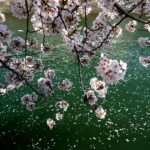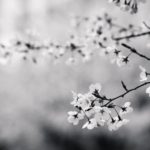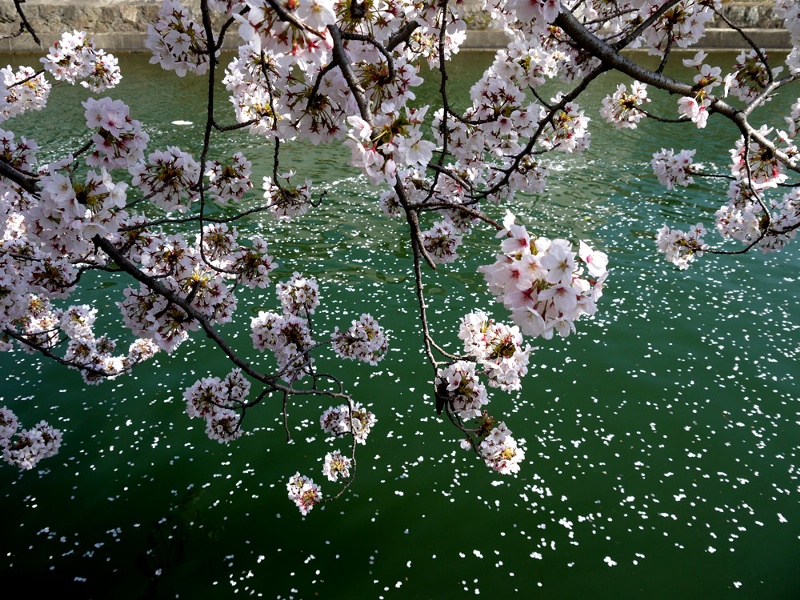The great songs broaden our scope of interpretation. The Joke by Brandi Carlile is that kind of song. Some take it as a song challenging the current sociopolitical situation, about those misrepresented, underrepresented and undervalued. Others take a more general view on this song as an empowerment anthem.
素晴らしい歌は、人によって様々な解釈ができるという特徴があります。Brandi CarlileのThe Jokeも、そういった曲のひとつです。今の政治的状況や、マイノリティや女性の地位を歌っていると感じる人もいるかもしれません。または、今の状況から抜け出せない苦しみを抱えている人に向けて歌われていると感じる人もいるでしょう。
The song starts with describing a gentle boy “with a quiet voice and impeccable style,” who has developed his own sense of style. He’s not a type of man believing people are disposable or busy doing whatever to get what he wants. He knows that things don’t always go really fast forward and that those powerful are not always right.
“With a quiet voice and impeccable style”では、物静かでおしゃれに気を遣うような男性の姿が描かれます。大きな声で人に指図をしたり、人を自分の意のままにすることに忙しいようなタイプではない。全てが力強く前向きに進むわけではない、声が大きいものが正しいとは限らない、ということを知っているかのようです。
Some people try to “dress you down,” forcing you to renounce your style. They do so because they are scared of those who inspire. At the brunt of the ridicule and aggression, the radiant feel intimidated and afraid of having any vulnerability shown.
Dress you downでは、自分のスタイルを捨てることを強要されています。人が侮辱してくるのは、彼らが恐れているからです。素晴らしいものはおのずから輝いてしまうと(The way you shine)。輝く存在は、しかし怯え、弱さを見せられないからと(hide how much it hurts)一層苦しむことになります。
There’s no sense, she says, being a helpless victim of those try to threaten you in an abusive manner. The movies have their heartbreaking moments but lead us, most of the times, to the happy ending. The movies have their ups and downs. A setback you are going through is just one along those ups and downs. You can put it into perspective and make sure you’re on the right track.
こうした謂れのない苦しみは、放っておこう。いちいちそれに振り回されるのはやめておこうと言います(Let’ em laugh while they can)。映画ではハラハラドキドキがあっても、結末ではハッピーエンドが訪れます(I have been to the movies, I’ve seen how it ends)。今は苦しくとも、それはストーリーの起伏であって、最終的なゴールへの道筋だと捉えようと、より大きな視野で今を見つめています。
Then comes a message for women, who hit glass ceiling and are stigmatized as an underdog and are told to stop dreaming. You have enough of staying where you are. It’s no safe a place to be anymore. You just need to run away from violence and abuse at home or that which are widespread across the country. You eventually find yourself in the wilderness. Desperate but determined to move on with your life, you might feel at loss in exhaustion but won’t be afraid of whatever comes on your way .
次に女性たちへのメッセージが続きます。女性だからという理由で味わうあきらめや挫折(You get discouraged, don’t you, girl?)。自分の道を歩もうとすると、夢を見るなとか(living the dream)、成功をあきらめた奴(kicking the ladder)と言われます。 今いる場所にいられない、今のままでは命の危険を感じる、家庭内や国家の内で起こる暴力、そういったものから荒野へと逃げ出すのです(carrying your baby on your back across the desert)。自分が生きる道を探す時、身体は疲れていても、その先は見通せなくとも、もはや怖いものはなくなっているのです(And you’re looking tired, but you don’t look scared)。
There are certain people out there who are busy taking advantage of and hurting others, and intend to persecute the radiant and determined. They are, however, to be made fun of.
こうした存在を疎ましく思い、懸命に他人を苦しめようとする愚かな人々がいるわけですが、こうした人こそ哀れな軽蔑されるべき存在なのだと(And the joke’s on them)、そう締めくくります。
不安で仕方がないんでしょ
あなたの声は届かない
けれどいつも完璧なあなただから
あなたの幸せはあなたのもの
優しさがあなたらしさだから
やりたい放題させちゃだめ浴びせられる侮蔑と軽蔑
黙って何もするなと言われる
あなたが素敵すぎるから
シャツに顔をうずめて
怯えているあなたがいる
苦しみを見せたくない気持ちもわかる好きなだけ笑わせておけばいい
暴れるだけ暴れさせておけばいい
風に散ってしまえばいい
映画のストーリーには
決まったエンディングがあるでしょ
笑いものにされるべきは
あなたじゃない無理だダメだと言われるんでしょ
まだまだ男の世界だからと
悪魔と踊って波風立ててみよう
妄想だとか成功を諦めたとか
言わせておけばいい待ってましたとばかりに
浴びせられる非難と軽蔑
子供を背負って苦難の砂漠を越えてきたのにね
乱れた髪の下にあなたの瞳が見える
疲れてる でも怯えてはいない好きなだけ笑わせておけばいい
暴れるだけ暴れさせておけばいい
風に散ってしまえばいい
映画のストーリーには決まったエンディングがある
笑いものにされるべきは
あなたじゃない








































